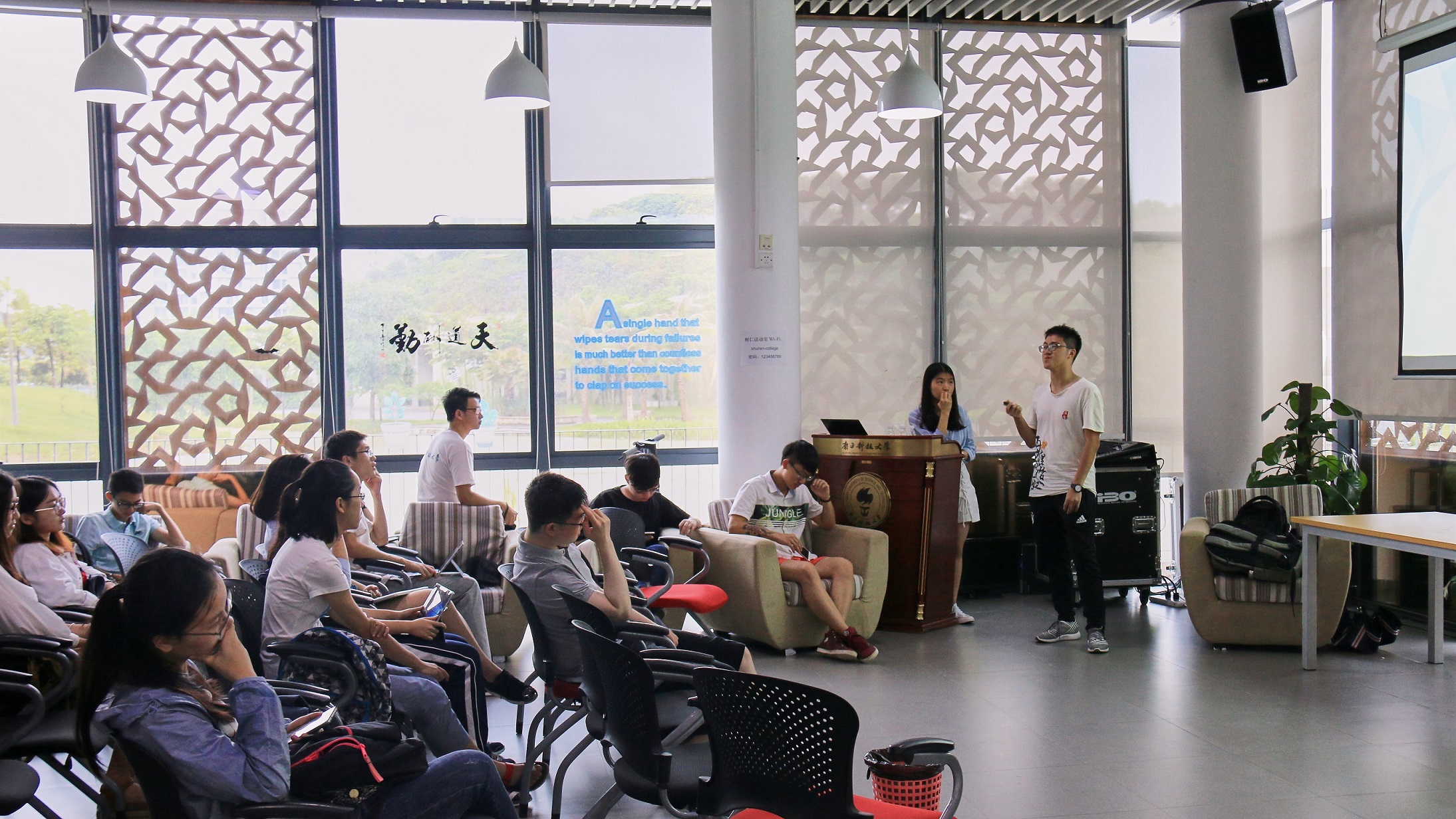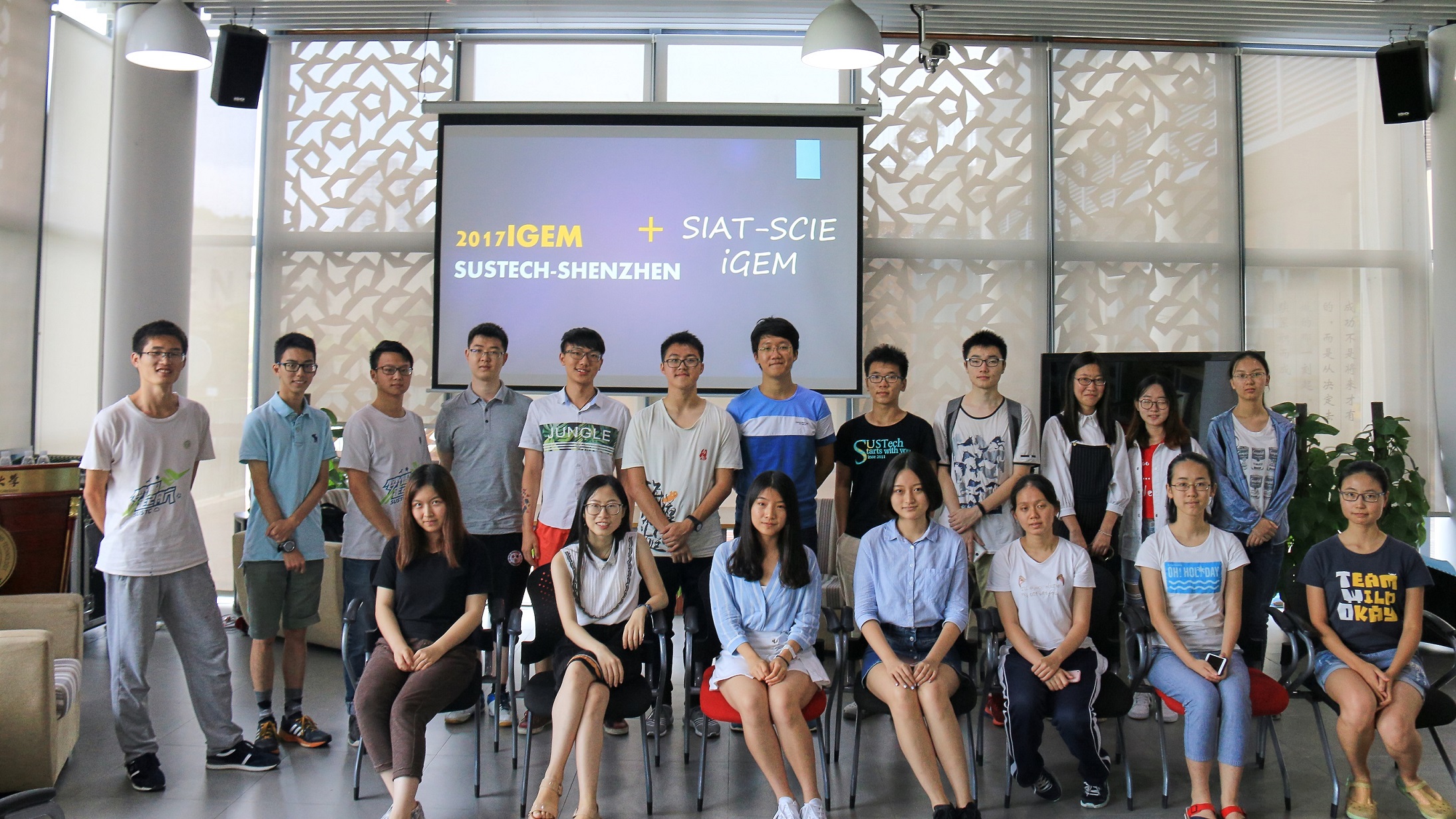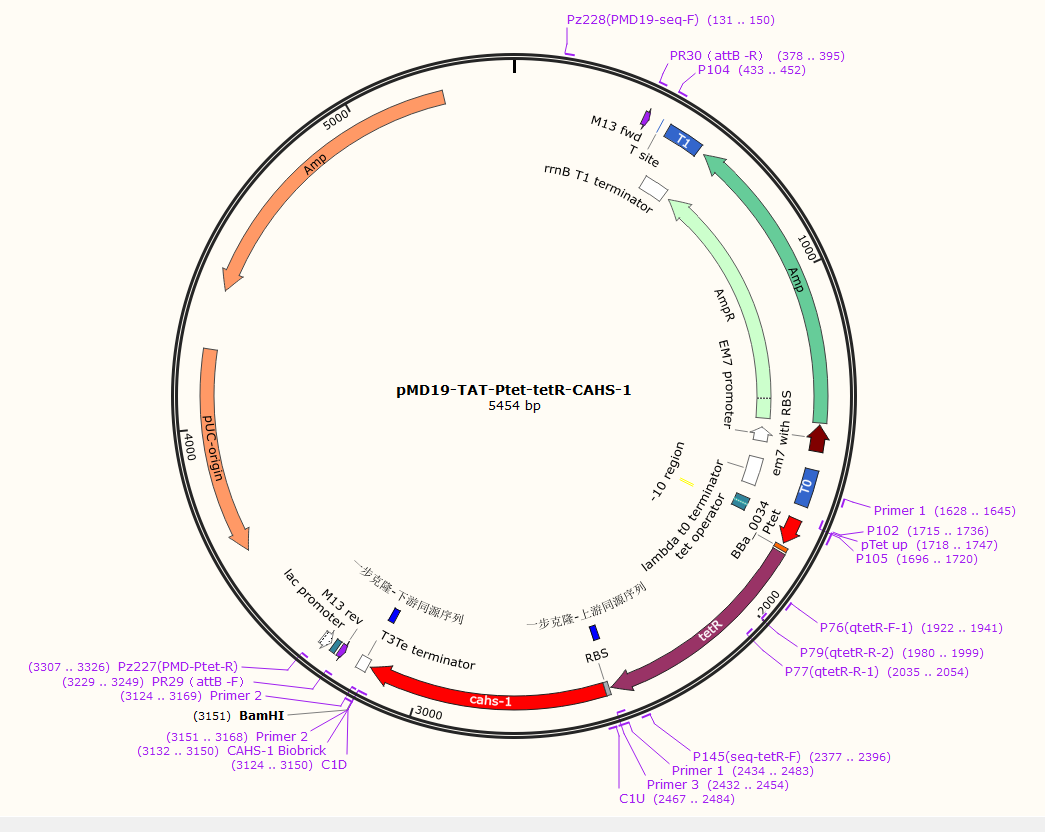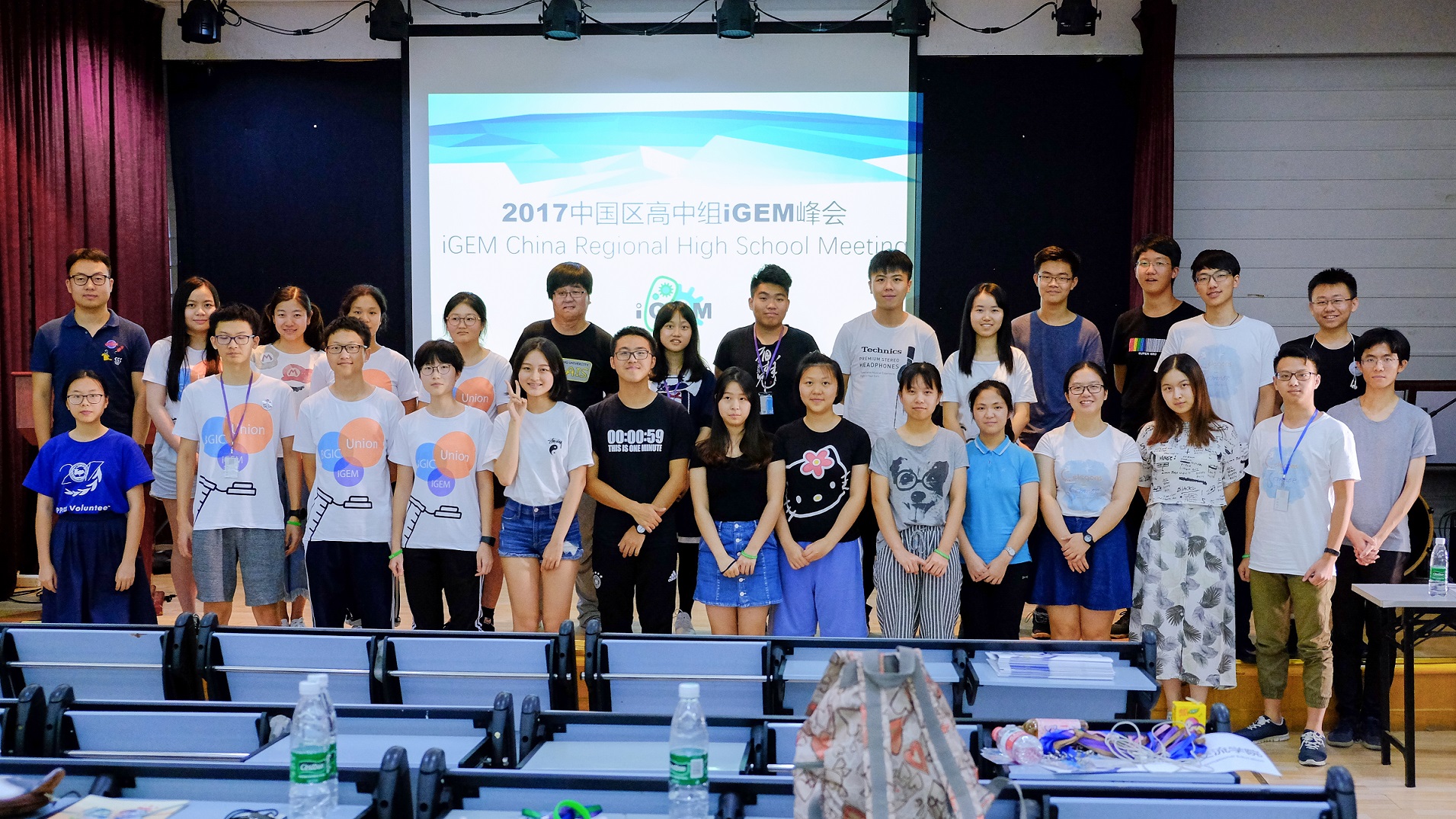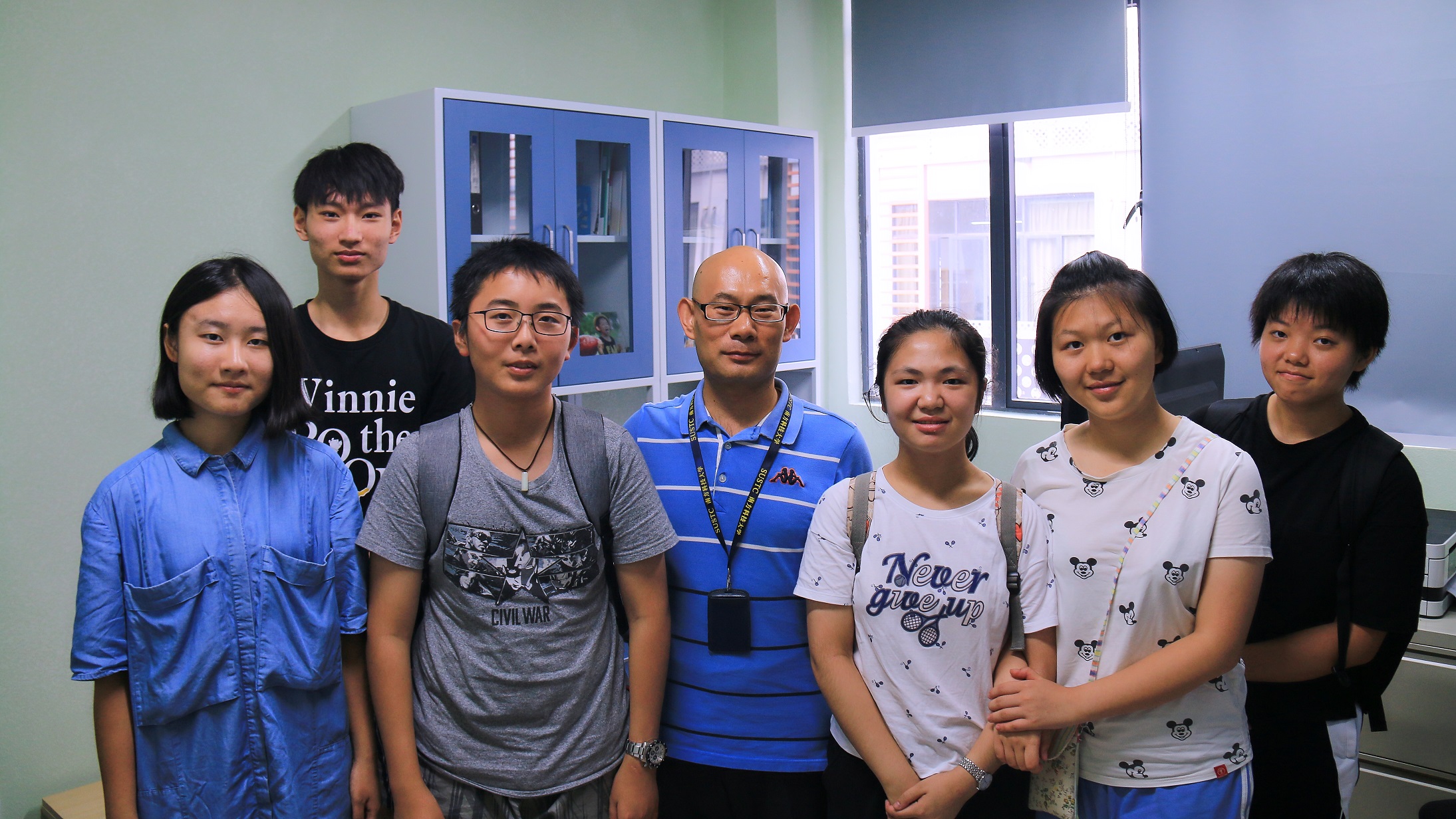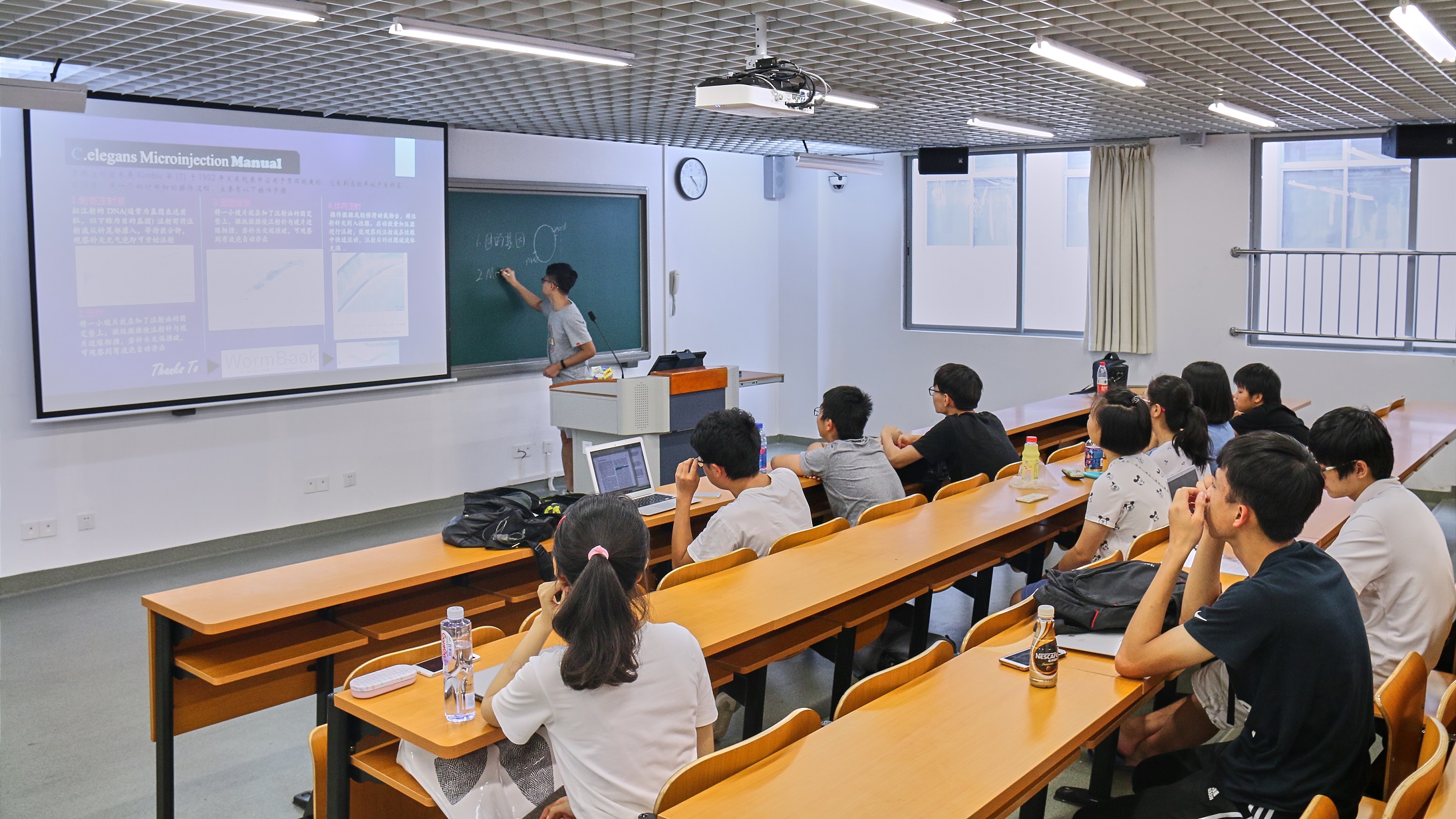| Line 37: | Line 37: | ||
{{SUSTech_Image_Center_8 | filename=T--SUSTech_Shenzhen--HP-15..png|width=6600px|caption=<B>Fig 15: SIAT-SCIE core plasmid </B>}} | {{SUSTech_Image_Center_8 | filename=T--SUSTech_Shenzhen--HP-15..png|width=6600px|caption=<B>Fig 15: SIAT-SCIE core plasmid </B>}} | ||
| − | We also participated in South China iGEMer Meeting up held by SIAT-SCIE. The aim of this meeting up was iGEM team communication between high | + | We also participated in South China iGEMer Meeting up held by SIAT-SCIE. The aim of this meeting up was iGEM team communication between high schools. We also attended the meeting up and shared our ideas with other high school teams. |
{{SUSTech_Image_Center_8 | filename=T--SUSTech_Shenzhen--HP-16..png|width=6600px|caption=<B>Fig 16: South China iGEMer Meeting up </B>}} | {{SUSTech_Image_Center_8 | filename=T--SUSTech_Shenzhen--HP-16..png|width=6600px|caption=<B>Fig 16: South China iGEMer Meeting up </B>}} | ||
Revision as of 08:54, 28 October 2017
Collaborations
Human Practices

Collaboration with SIAT-SCIE
In the collaboration with SIAT-SCIE, we held a workshop to communicate our projects. We also help them with the molecular experiment.
After several online contacts, we invited SIAT-SCIE to our lab and held the first workshop in SUSTech. At first, half part of the workshop were introducing our own project, and we prepared a brief speech concerning our design and some background knowledge like microinjection and microfluidics. After our presentation, SIAT-SCIE also proposed their idea about the project and showed some supporting papers.
What’s more, beyond only talking about project, we also deeply exchanged the ideas about how to manage such a project on our own. And we made an agreement that working in smaller groups and having group meeting is a good way to coordinate work progress and form a good working pattern.
Besides exchanging ideas, collaboration was also meaningful by giving help to other iGEM teams, who faced difficulties. For example, we taught them how to construct plasmids for subcloning and helped SIAT-SCIE construct their core plasmid in their project.
We also participated in South China iGEMer Meeting up held by SIAT-SCIE. The aim of this meeting up was iGEM team communication between high schools. We also attended the meeting up and shared our ideas with other high school teams.
Collaboration with Shenzhen_SFLS
In the early July, Shenzhen_SFLS contacted us for some help. They wanted to get instructions on modeling and also faced problems of protein engineering project.
In their protein-engineering project, they found their interested protein was coated in inclusion body by BL21. So they cannot extract enough proteins out of engineering bacteria. So we contacted Prof. Hongmin Zhang in SUSTech and held a seminar with them to discuss how to deal with inclusion body. Prof. Zhang introduced the protocol of inclusion body washing, dissolution and renaturation, which helped them avoid expensive protein synthesis.
We also held a workshop to exchange project ideas. And our teammate Yuejian Mo was invited to give some instructions for their model.

